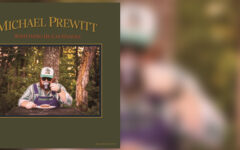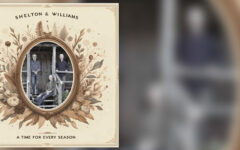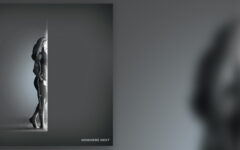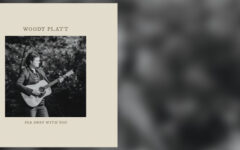
There’s something to be said for pure, unfettered emotion, delivered with dedication and intent but sans the affectation and pretence that often seems to plague those intently aiming for attention. Happily then, Sister Sadie makes a sound spawned from the combined talent of the band’s individual members, each an accomplished musician in her own right. Although they’ve been labelled a supergroup of sorts, the five women — Dale Ann Bradley (guitar/vocals), Deanie Richardson (fiddle), Gena Britt (banjo/vocals), Tina Adair (mandolin/vocals), and Beth Lawrence (acoustic bass) — clearly left their egos at home and forged a sound so soothing and sincere, it’s evident that the chemistry must have clicked immediately at the outset.
The tenderest tunes shared on II were clearly conceived and imbued with a sense of purpose and inspiration, feelings that are especially evident on a pair of beautiful serenades, No Smoky Mountains and I’m Not a Candle in the Wind. However there’s also a sense of rousing revelry that rings through, equally affecting uptempo tunes such as Something To Lose and Raleigh’s Ride. However even at their most rambunctious, the women never bow to flash or frenzy, allowing each offering to provide an appropriate caress that effectively sways the listener without resorting to glitz or gimmickry.
Ultimately, that reflects the fact that Sister Sadie is a most cohesive outfit, one that benefits from each woman plying their talents with combined purpose and perspective. When they mute the instrumentation on the vintage Woody Guthrie standard 900 Miles, all it takes is their voices synched in harmony to get the full effect of the yearning and desire embossed in that high lonesome melody.
Likewise, part of the success of the album can be credited to the group’s choice of covers, from the sheer heartbreak infused in their read of the oft-covered Love Has No Pride to Dan Fogelberg’s rousing Morning Sky. It’s a testament to their talent that they’re able to shift the mood so easily and adroitly, ensuring that melody is given the same leverage as musicality. Ultimately, that‘s yet another reason why Sister Sadie shines.







